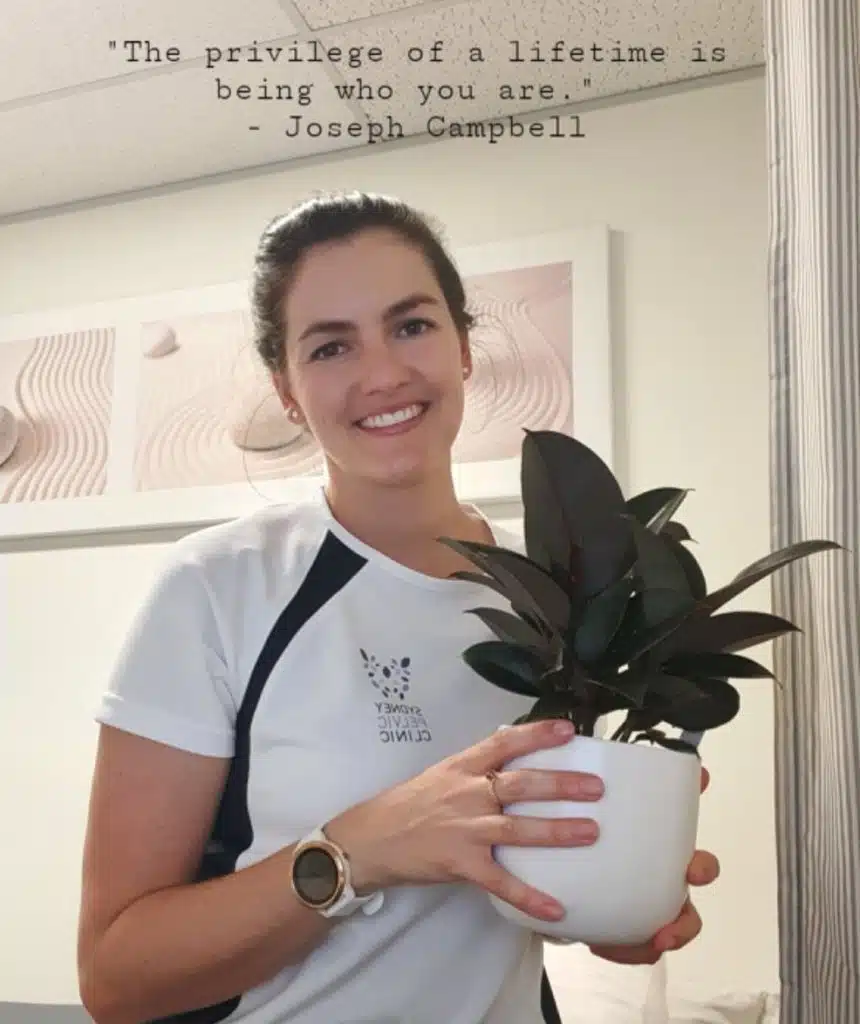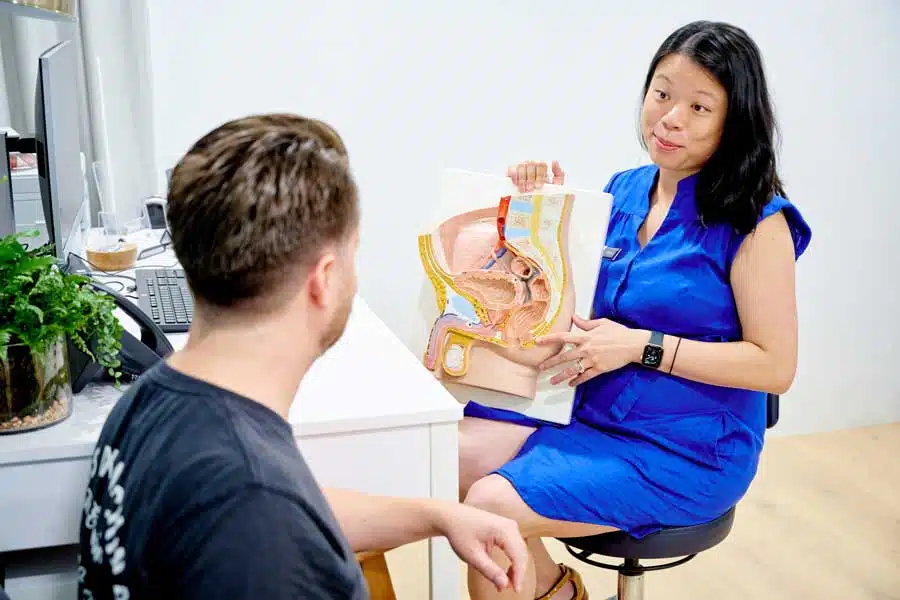With Karly Coltman, APAM
Self-Compassion Lowers the Stress Response
When we are faced with a stressor in life (e.g. running from a crocodile) our body undergoes a series of biological reactions that are designed to help us fight or flee from that stressor. Our heart rate and respiratory rate increase to improve oxygenation and circulation to our muscles to get ready to run or spring to action. This is hugely important from an evolutionary perspective to improve our chances of survival against predators.
Once we have sprung to action and escaped that crocodile we can recover from that stressor. Our heart rate and breathing rate slows down, and blood flow returns to our organs where important things like digestion can occur.
In our modern age, we are rarely facing threats from deadly predators, but instead we are facing an influx of physical, emotional and mental stressors that are much more constant. Meeting deadlines, relationship stress, financial pressure, constant self-criticism all invoke an inflammatory stress response, and most of us are not experiencing a recovery from these stressors. Constant low-grade stress has massive negative ramifications on overall health and wellbeing such as:
- Lowers our pain threshold
- Increases our emotional reactivity and lowers our emotional stability
- Reduces our immune function
- Negatively impacts digestion and gut health
- Lowers energy and mental clarity
- Lowers our libido
- Increases our risk of heart disease, autoimmune conditions, stroke, cancer and dementia
Did you know that our self-talk and our mindset can positively lower our inflammatory response to acute stressors if we practice self-compassion?
A study by Breines et al (2013) showed exactly that. Healthy volunteers participated in a study designed to induce temporary stress. They were asked to perform a public speaking task on a topic they had no knowledge about to a panel of expressionless judges. Participants had their plasma drawn for an inflammatory marker interleukin-6 (IL-6) at baseline, 30 and 120 minutes following exposure to the stress test performed over two consecutive days. Self-compassion was inversely related to the strength of the IL-6 response to the psychosocial stressor, even when controlling for self-esteem, depression, age, gender, and BMI.
In other words, those who were higher in self-compassion displayed a significantly lower stress-induced inflammation (IL-6 response). This indicates that self-compassion reduces the magnitude and duration of the inflammatory response. This is mostly likely explained by the fact that people who experience self-compassion experience less of a sense of threat in these situations.
So, What is Self-Compassion?
Self-compassion is an emotionally positive attitude that involves ‘treating oneself with kindness and non-judgemental understanding’ and protects oneself from the negative consequences of isolation, self-judgement and rumination (Kristen Neff, 2003).
In our incredibly competitive society, we are our own worst critic. We judge ourselves for everything – not being attractive, rich, successful, or talented enough. We have this notion that the harder we push ourselves, the more we’ll excel, and the more we excel, the happier we’ll be. This means our ‘inner critic’ is constantly berating, critiquing and judging us to be better. The problem is, even when we achieve our goals, the goal-post constantly moves and we are never satisfied with our successes.
The practice of self-compassion, is an invitation to stop judging ourselves, it’s about accepting our imperfections and treating ourselves with the same love, kindness, and compassion we would offer a good friend or even a stranger. It teaches us to be gentle towards ourselves rather than harsh and critical.
Self-compassion involves three components:
- Self-kindness – instead of berating ourselves for pain or failure, we allow ourselves to be kind and understanding towards ourselves in these instances.
- Common humanity – realising that our experiences of shame, pain, failure, rejection, imperfection are part of the larger human experience, rather than just a personal experience
- Mindfulness – acknowledging the painful thoughts and feelings with awareness and curiosity rather than over-identifying them

I’ll give you an example. Jo has been seeing a pelvic Physiotherapist for sexual pain. Between sessions, Jo’s home-exercise-program (HEP) involves a daily meditation, pelvic floor relaxation exercises, and dilators. Jo had a really hectic week with work and didn’t make time to do her HEP. She berates herself before her next appointment for being “lazy and forgetful – for failing again”. By practising self-compassion, Jo can change her self-talk to something a bit more helpful and motivating.
She now says to herself “It’s been a really stressful week this week, and you weren’t able to prioritise your Physio program. It’s understandable that you’re feeling guilty and worried about disappointing your awesome Physio (mindfulness). I’m sorry you had such a hard week, it was really tough (self-kindness). Lots of people forget to do their home exercise program – probably even the Physios themselves (common humanity). Is there anything you can change next week to help you have an easier time?” Jo realised that berating herself didn’t foster much change in behaviour as she was pretty used to hearing her inner critic’s judgement. The compassionate self-talk, however, was much more motivating as it came from a place of love and care.
Self-compassion is not self-pity or self-indulgence. It’s recognising that your pain/problem/situation is worthy of being attended to, just as much as the person next to you. It doesn’t deny suffering, but recognises that life is hard and painful at times and that is perfectly normal.
The practice of self-compassion can be extended to all aspects of life – when we don’t like something about ourselves, when we are in pain, when things don’t go our way. You can start to create a little mantra of self-compassion that goes something like this:
This is a moment of pain
Pain is part of life.
May I hold my pain with tenderness
I am worthy of receiving compassion
Or perhaps:
You’re having a really hard time right now
Suffering is part of being human
May I be kind to myself in this moment
May I give myself the compassion I need
By changing the way we relate to our own imperfection and pain, we can empower ourselves to live a more joyful life. Here are some tips to start to foster a more optimistic, positive and compassionate mindset.
Transforming Negativity
When things are difficult, it is easy to get lost in negative judgement. The next time you notice negative emotions, try generating some positive emotions to go along side it. It is okay to experience and validate the pain you are experiencing (physical or emotional) while also focusing on your desire to be happy and experience well-being for yourself. For example:
It’s hard to feel (blank) right now
Feeling (blank) is part of the human experience
What can I do to make myself happier in this moment?
Take a pleasure walk
Take a 15-30 minute pleasure walk outside. Try to notice as many pleasant things as possible on your walk. How many beautiful, happy, or inspiring things can you notice while you are walking? Is the sun shining? Or if it’s raining, can you focus on the hydrating qualities of the rain? Are there dogs playing? Flowers blooming? What’s good about the experience of walking itself? How wonderful is it to be able to walk? Can you feel the earth beneath your feet? So much of our mental state depends on our intention to notice all the good around us. Make time to notice the good.
Keeping a gratitude journal
Keeping a daily gratitude journal encourages us to open our awareness to all the positive thing happening around us, as many of us get stuck focusing on what is not going right. Set aside a time each day to note down any good moments that have occurred in the day, as well as things that bring you joy in life more generally. Try to continually find new things to be grateful for. Friends and family are often atop the list, but there is an endless amount of things to be grateful for if you start to pay attention – hot water, fresh air, a good nights sleep. Be as specific as you can. For example, rather than “I’m grateful for my for my dog”, try “I’m grateful for my dog who greets me with a wagging tail when I get home as it makes me feel loved”.
References
- Visit self-compassion.org for further resources
- Read Kristen Neff’s book ‘Self Compassion – stop beating yourself up and leave insecurity behind’ – this book has changed my life.
- 1. Neff, K; 2003. Self-Compassion: An Alternative Conceptualization of a Healthy Attitude Toward Oneself. Self and Identity, 2: 85–101
- Breines JG, Thoma MV, Gianferante D, Hanlin L, Chen X, Rohleder N. Self-compassion as a predictor of interleukin-6 response to acute psychosocial stress. Brain, Behavior and Immunity. 2014;37:109–114

